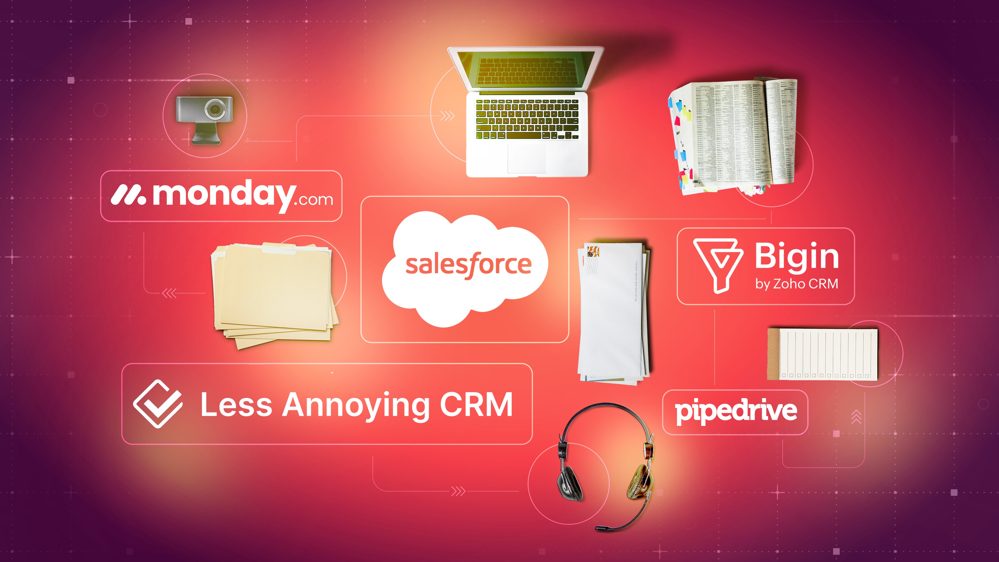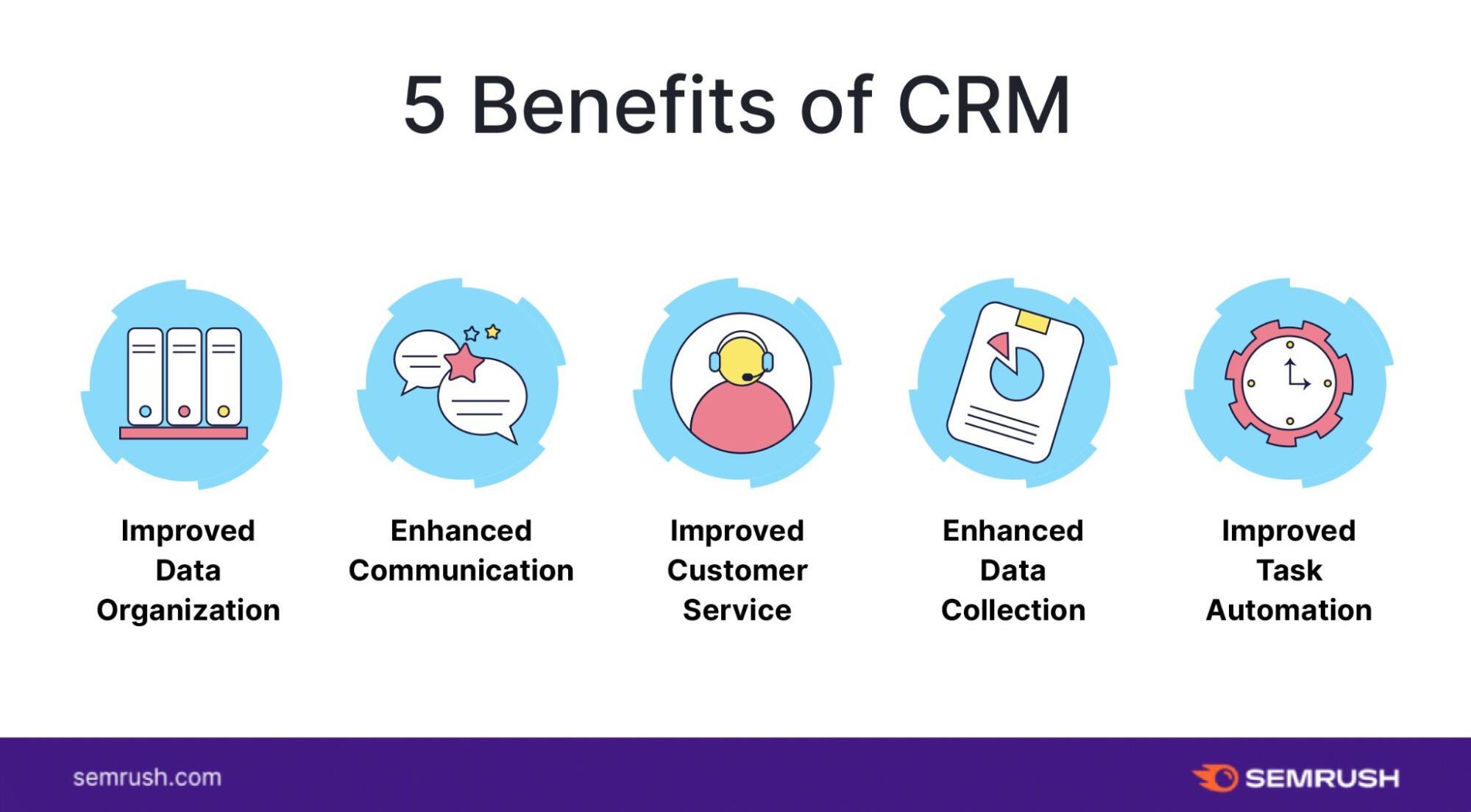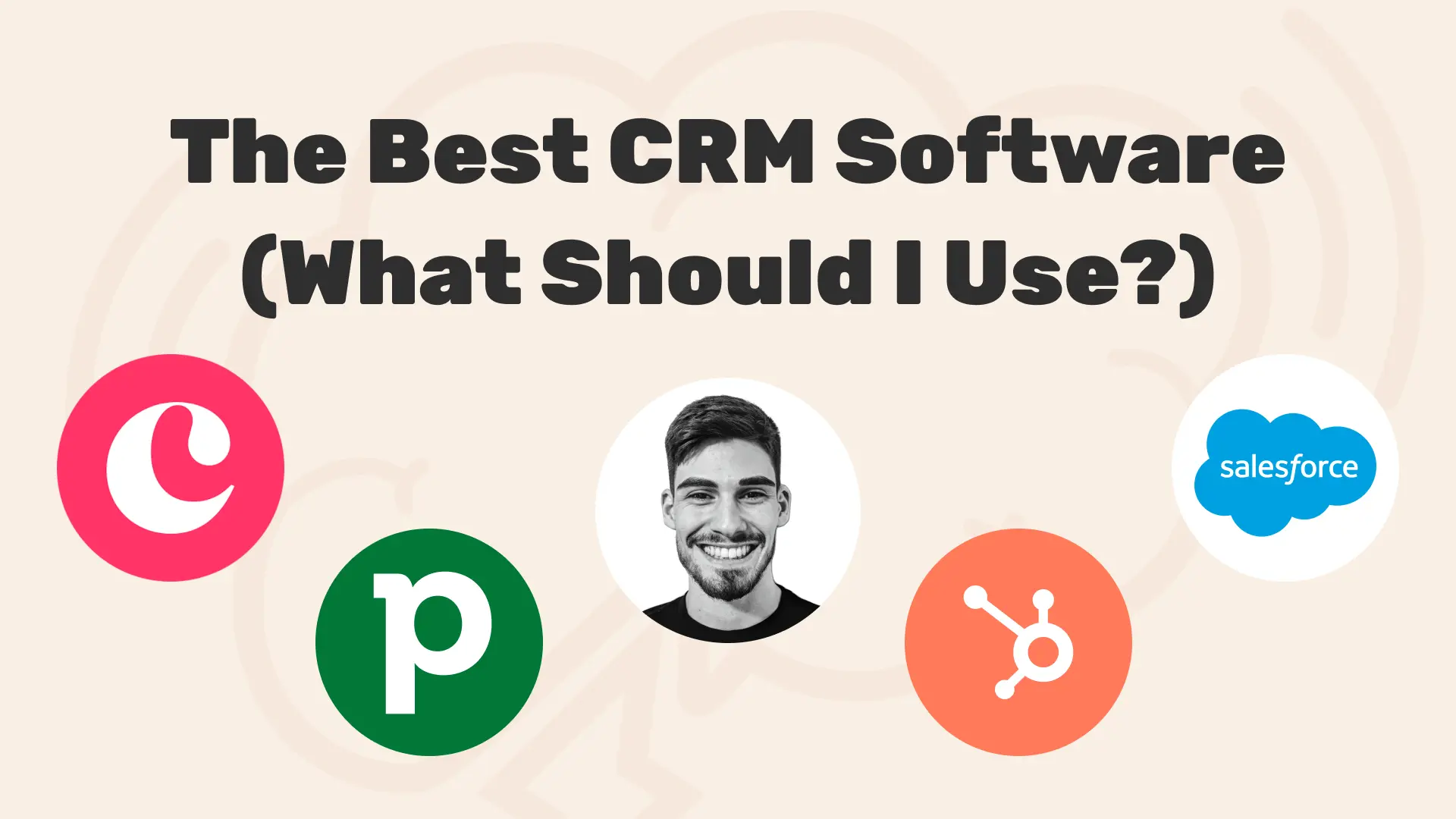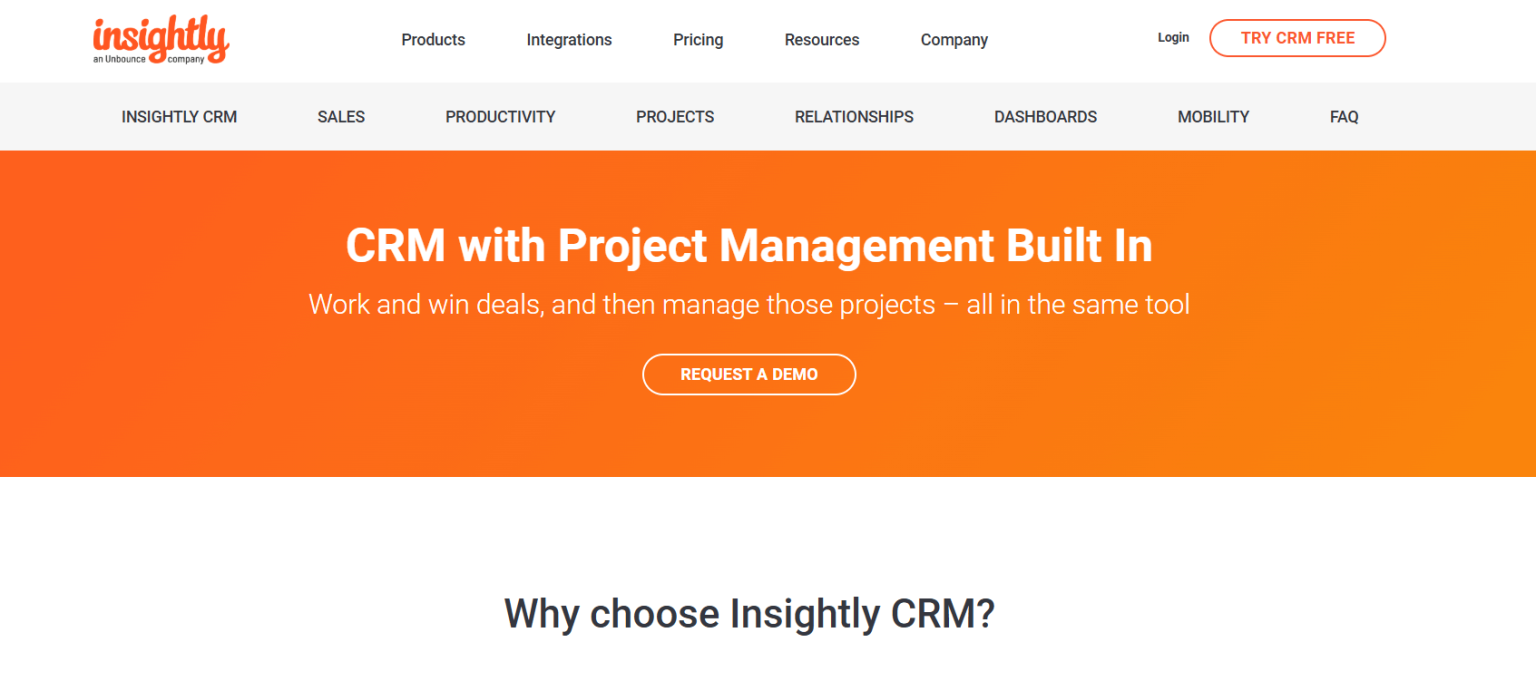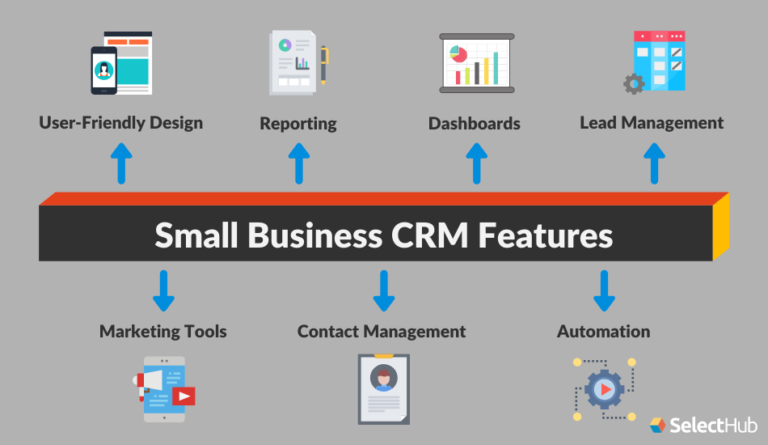Unlocking Growth: The Definitive Guide to the Best Free CRM for Small Businesses
Introduction: Why a Free CRM is a Game Changer for Small Businesses
Starting and running a small business is a rollercoaster. You’re the CEO, the marketer, the customer service rep, and everything in between. You wear so many hats that it’s easy to let things slip through the cracks, especially when it comes to managing your customer relationships. That’s where a Customer Relationship Management (CRM) system comes in. But let’s be honest, the thought of adding another expense, especially in the early days, can be daunting. Thankfully, the world of technology offers a fantastic solution: free CRM software.
This guide will delve into the best free CRM options available, specifically tailored for small businesses. We’ll explore what a CRM is, why you need one, the key features to look for, and ultimately, which free CRM platforms are leading the pack. We’ll also discuss how to choose the right one for your unique needs and how to get the most out of it. Get ready to transform your customer interactions and boost your business’s growth potential without breaking the bank!
What is a CRM and Why Do You Need One?
Before we dive into the specifics of the best free CRM options, let’s clarify what a CRM actually *is* and why it’s so crucial for small business success. At its core, a CRM is a system that helps you manage your interactions with current and potential customers. It’s a centralized hub for all your customer-related data, from contact information and communication history to sales pipelines and marketing efforts.
Think of it as your business’s central nervous system for customer relationships. Instead of scattered spreadsheets, email threads, and sticky notes, a CRM brings everything together in one organized place. This offers several key benefits:
- Improved Organization: Centralized data eliminates the chaos of scattered information, making it easier to find what you need, when you need it.
- Enhanced Customer Service: Accessing customer history at a glance allows you to provide more personalized and efficient support.
- Increased Sales: CRM systems help you track leads, manage sales pipelines, and identify opportunities to close deals.
- Better Marketing: CRM data allows you to segment your audience and create targeted marketing campaigns.
- Data-Driven Decisions: Analyze customer data to gain insights into your business performance and make informed decisions.
- Time Savings: Automate repetitive tasks, freeing up your time to focus on more strategic initiatives.
For a small business, these benefits can be transformative. They allow you to streamline operations, improve customer satisfaction, and ultimately, drive revenue growth. And the best part? You don’t have to spend a fortune to get these advantages – a free CRM can provide a powerful foundation for your customer relationship management efforts.
Key Features to Look for in a Free CRM
Not all free CRM systems are created equal. When evaluating your options, it’s crucial to focus on the features that will have the biggest impact on your business. Here are some essential features to look for:
- Contact Management: The ability to store and organize contact information, including names, phone numbers, email addresses, and other relevant details.
- Lead Management: Tools for tracking leads, qualifying them, and nurturing them through the sales pipeline.
- Sales Pipeline Management: A visual representation of your sales process, allowing you to track deals and identify bottlenecks.
- Task Management: The ability to create and assign tasks, set reminders, and track progress.
- Email Integration: Integration with your email provider (e.g., Gmail, Outlook) to track email interactions and manage communications.
- Reporting and Analytics: Basic reporting features to track key metrics, such as sales performance, lead conversion rates, and customer activity.
- Customization: The ability to customize the CRM to meet your specific business needs, such as adding custom fields and workflows.
- Mobile Accessibility: Access to your CRM data on the go, via a mobile app or a mobile-friendly interface.
- Integration with Other Tools: Integration with other tools you use, such as marketing automation platforms, social media, and accounting software.
- User-Friendly Interface: An intuitive and easy-to-navigate interface is crucial for adoption and productivity.
While free CRM systems may have limitations compared to their paid counterparts, they should still offer a robust set of features to help you manage your customer relationships effectively. Prioritize the features that are most critical to your business operations and choose a CRM that aligns with your specific needs.
Top Free CRM Options for Small Businesses
Now, let’s get to the good stuff: the best free CRM options available in the market. We’ll break down the key features, pros, and cons of each platform to help you make an informed decision.
1. HubSpot CRM
HubSpot CRM is a popular choice for small businesses, and for good reason. Their free plan offers a comprehensive suite of features and is known for its user-friendly interface. It’s a great starting point for businesses looking for a powerful, yet accessible, CRM solution.
- Key Features: Contact management, deal tracking, task management, email integration, basic reporting, and a live chat feature.
- Pros: User-friendly interface, robust features for a free plan, excellent integration with HubSpot’s marketing, sales, and service hubs.
- Cons: Limited storage and contact limits in the free version, some advanced features are only available in paid plans.
- Best Suited For: Businesses that need a comprehensive CRM with a user-friendly interface and are looking to integrate with marketing and sales automation tools.
2. Zoho CRM
Zoho CRM is another strong contender in the free CRM space, known for its flexibility and customization options. It offers a wide range of features and is a good choice for businesses that need a CRM that can be tailored to their specific needs.
- Key Features: Contact management, lead management, sales pipeline management, workflow automation, and basic reporting.
- Pros: Highly customizable, offers a generous free plan with a good number of users, strong integration with other Zoho apps.
- Cons: Interface can feel a bit cluttered, some advanced features are limited in the free plan.
- Best Suited For: Businesses that need a customizable CRM with robust features and are looking to integrate with other Zoho apps.
3. Bitrix24
Bitrix24 offers a feature-rich free plan that includes a wide range of tools beyond just CRM. It’s a good option for businesses that need a comprehensive solution for communication, collaboration, and project management, in addition to CRM.
- Key Features: Contact management, lead management, sales pipeline management, task management, project management, collaboration tools, and website builder.
- Pros: Offers a vast array of features in the free plan, including project management and collaboration tools.
- Cons: Interface can be overwhelming due to the sheer number of features, limited storage in the free plan.
- Best Suited For: Businesses that need a comprehensive CRM with project management and collaboration features and are looking for an all-in-one solution.
4. Agile CRM
Agile CRM is a user-friendly and affordable CRM solution that offers a generous free plan. It’s a good choice for small businesses that are looking for a simple and easy-to-use CRM.
- Key Features: Contact management, deal tracking, task management, email integration, and basic reporting.
- Pros: Easy to use, offers a generous free plan with a good number of contacts, affordable paid plans.
- Cons: Limited features compared to some other free CRM options.
- Best Suited For: Businesses that need a simple and easy-to-use CRM with a generous free plan.
5. Freshsales
Freshsales, from Freshworks, is a sales-focused CRM designed to help businesses manage their sales processes effectively. Its free plan provides a solid foundation for sales teams, with features centered around lead management and sales pipeline tracking.
- Key Features: Contact management, lead scoring, sales pipeline management, email tracking, and basic reporting.
- Pros: Focused on sales, user-friendly interface, good lead management features in the free plan.
- Cons: Limited features compared to other free CRM options, less focus on marketing automation.
- Best Suited For: Sales-focused businesses that need a CRM to manage their sales pipeline and track leads.
How to Choose the Right Free CRM for Your Business
Choosing the right free CRM is a crucial decision that can significantly impact your business’s efficiency and growth. Here’s a step-by-step guide to help you make the right choice:
- Identify Your Needs: Before you start comparing CRM platforms, take some time to assess your business’s specific needs. What are your pain points? What features are essential for your operations? What are your goals for using a CRM?
- Define Your Must-Have Features: Based on your needs assessment, create a list of must-have features. This will help you narrow down your options and prioritize the platforms that offer the most value.
- Consider Your Budget: While you’re focusing on free CRM options, consider your long-term budget. Will you need to upgrade to a paid plan in the future? Factor in the potential cost of paid plans when making your decision.
- Evaluate Ease of Use: Choose a CRM that is easy to learn and use. A complicated interface can hinder adoption and productivity. Look for platforms with intuitive interfaces and helpful tutorials.
- Assess Integration Capabilities: Consider which other tools you use, such as marketing automation platforms, email providers, and accounting software. Choose a CRM that integrates seamlessly with your existing tools to streamline your workflow.
- Read Reviews and Testimonials: Research reviews and testimonials from other small businesses to get insights into the strengths and weaknesses of each platform.
- Try Before You Commit: Most CRM platforms offer free trials or free plans. Take advantage of these opportunities to test out different platforms and see which one best fits your needs.
- Consider Scalability: Think about your business’s growth potential. Choose a CRM that can scale with your business as it grows, allowing you to add more users, features, and data as needed.
By following these steps, you can choose a free CRM that aligns with your business needs and sets you up for success.
Getting the Most Out of Your Free CRM
Once you’ve chosen a free CRM, the real work begins: implementing it effectively and maximizing its benefits. Here are some tips to help you get the most out of your chosen platform:
- Import Your Data: Import your existing customer data into the CRM to create a centralized database. Ensure that your data is accurate and up-to-date.
- Customize Your CRM: Tailor the CRM to your specific business needs by adding custom fields, creating custom views, and configuring workflows.
- Train Your Team: Provide your team with adequate training on how to use the CRM. This will ensure that everyone is using the platform effectively and consistently.
- Establish Clear Processes: Define clear processes for how your team will use the CRM, such as how to enter new leads, track deals, and manage customer interactions.
- Automate Tasks: Take advantage of automation features to streamline your workflow and save time. Automate repetitive tasks, such as sending follow-up emails and updating deal stages.
- Monitor Your Performance: Regularly review your CRM data and analytics to track your progress, identify areas for improvement, and make data-driven decisions.
- Integrate with Other Tools: Integrate your CRM with other tools you use, such as marketing automation platforms, email providers, and accounting software. This will streamline your workflow and improve data accuracy.
- Regularly Update Your Data: Keep your CRM data up-to-date by regularly updating contact information, deal stages, and other relevant details.
- Seek Support When Needed: Don’t hesitate to seek help from the CRM provider’s support team or online resources if you encounter any issues or have questions.
By following these tips, you can transform your free CRM into a powerful tool that drives customer satisfaction, boosts sales, and fuels your business’s growth.
The Future of CRM for Small Businesses
The CRM landscape is constantly evolving, with new features and innovations emerging all the time. As technology advances, we can expect to see even more powerful and affordable CRM solutions for small businesses. Here are some trends to watch out for:
- Artificial Intelligence (AI): AI-powered CRM features, such as chatbots, predictive analytics, and automated data entry, will become more prevalent, helping businesses to work smarter and more efficiently.
- Mobile CRM: Mobile CRM solutions will continue to improve, providing businesses with greater flexibility and access to their data on the go.
- Integration and Automation: CRM platforms will become more integrated with other business tools, such as marketing automation platforms, social media, and e-commerce platforms, to streamline workflows and improve data accuracy.
- Personalization: CRM systems will offer more advanced personalization features, allowing businesses to tailor their customer interactions and create more engaging experiences.
- Emphasis on Customer Experience: CRM platforms will increasingly focus on enhancing the customer experience, providing businesses with the tools they need to build stronger customer relationships.
By staying informed about these trends, you can ensure that your business is well-positioned to leverage the latest CRM innovations and achieve its goals.
Conclusion: Embrace the Power of Free CRM
In conclusion, a free CRM can be a game-changer for small businesses, providing a powerful foundation for managing customer relationships, streamlining operations, and driving growth. By choosing the right platform and implementing it effectively, you can transform your customer interactions and achieve significant improvements in sales, customer satisfaction, and overall business performance.
Don’t let budget constraints hold you back. Embrace the power of free CRM and unlock your business’s full potential. The options are out there, waiting to help you succeed. Take the time to explore the best free CRM options, choose the one that best fits your needs, and start building stronger customer relationships today. Your business will thank you for it!

